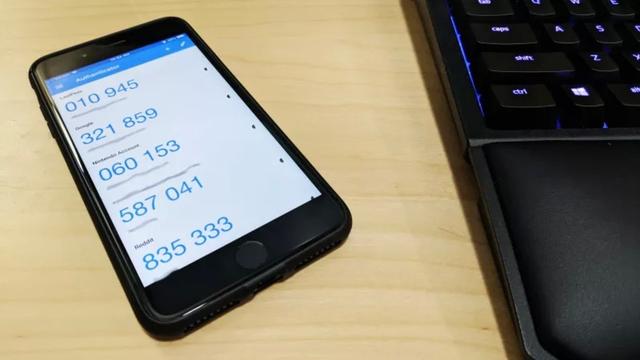DoCoMo violates antitrust law by ``forced 0 yen down payment'' to agents
In the fall of 2020, NTT announced that NTT Docomo would become a wholly owned subsidiary and that the company would change its president. In parallel with preparations for the cheap smartphone communication plan "Ahamo" that DoCoMo will start in March 2021, it is said that instructions were issued to mobile phone sales agents that operate docomo shops for suspected violations of the Antimonopoly Act. , I learned from an interview with Toyo Keizai.
Behind the scenes where smartphones suddenly became "cheaper"
In fact, from around the beginning of November 2020, some of the popular smartphone terminals such as the latest iPhone 12 (64GB) suddenly became available at docomo shops around the world. It is about 10,000 to 14,000 yen cheaper per unit.
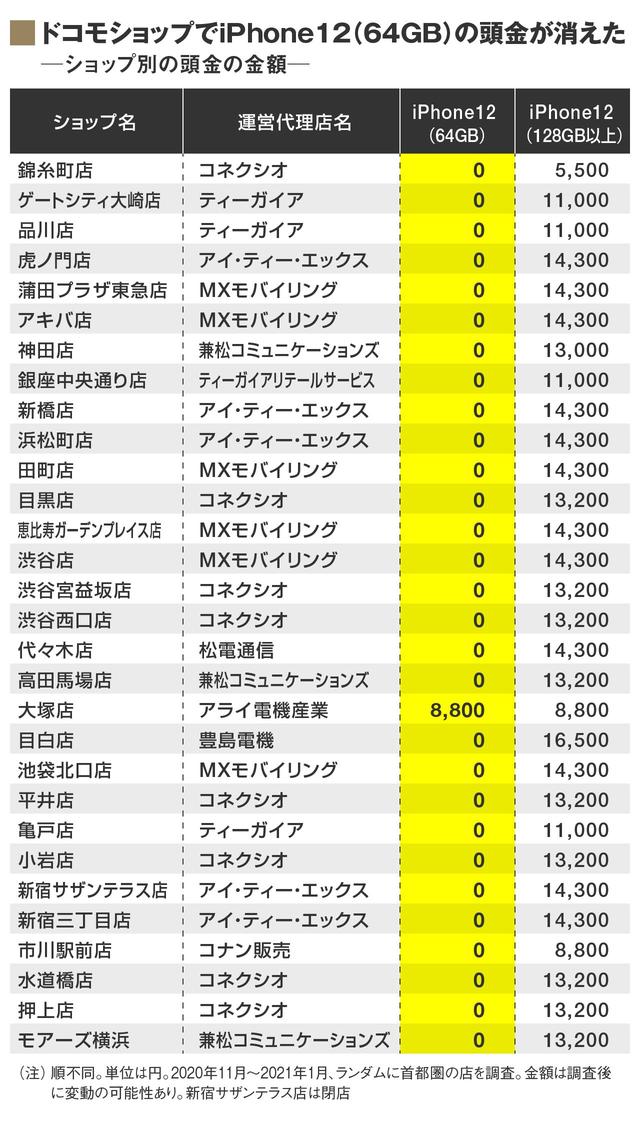
However, it is not pure terminal prices that have fallen. The "down payment" that the agency should be able to set independently has become 0 yen. "I had no choice but to follow Docomo's instructions, but I can't accept it," said a source at multiple agencies.
The antitrust law prohibits the wholesaler (in this case, Docomo) from interfering with the wholesaler (in this case, the distributor) about "how much to sell" as a constraint on the resale price. It is An official of the Japan Fair Trade Commission said, "If there is such an instruction (from the wholesaler to the agent), there is a high possibility that it is a violation of the Antimonopoly Act," while prefaced by a general statement.
General down payment refers to paying part of the fee in advance when buying an expensive item such as an apartment with a loan. But a down payment in the mobile phone industry means something different.
At the time of sale at the mobile shop, the agency charges its own standard compared to the direct sales price (sales price at online shops and directly managed stores) of major mobile phone companies such as Docomo, which is the de facto official price (fixed price). is called a down payment. This part is not subject to installment payments and is billed on the spot. This name is an abbreviation of "over-the-counter payment".
The mobile shop down payment is not part of the official price upfront payment. The total amount paid by the user will be higher than the official price as the down payment is larger. For this reason, some people criticize the down payment as ``a vicious fee charged to customers in a confusing manner in a greedy way for mobile phone shops to make a profit.''
According to DoCoMo's internal documents, the official price of the iPhone 12 (64GB) is 92,160 yen excluding tax, but the wholesale price to DoCoMo's distributors is also exactly 92,160 yen (photographed by a reporter), but the name is confusing. Even if it is a problem, it is not bad at all for the shop to take a down payment (in the first place, the name "down payment" was decided by a major mobile phone company). This is because mobile phone majors including DoCoMo set the official price and the wholesale price to distributors at the same price. If you sell it at the official price without a down payment, the cost rate will be 100%.

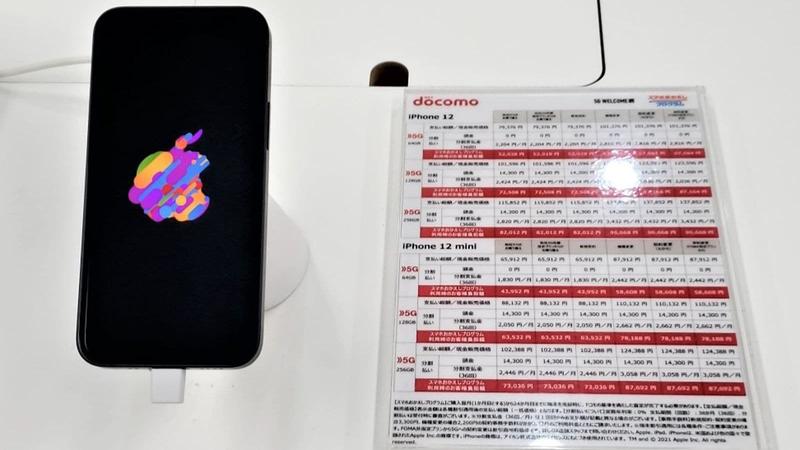
![10th generation Core i5 equipped 9.5h drive mobile notebook is on sale at 50,000 yen level [Cool by Evo Book] 10th generation Core i5 equipped 9.5h drive mobile notebook is on sale at 50,000 yen level [Cool by Evo Book]](https://website-google-hk.oss-cn-hongkong.aliyuncs.com/drawing/article_results_9/2022/3/9/4a18d0792cae58836b71b9f591325261_0.jpeg)
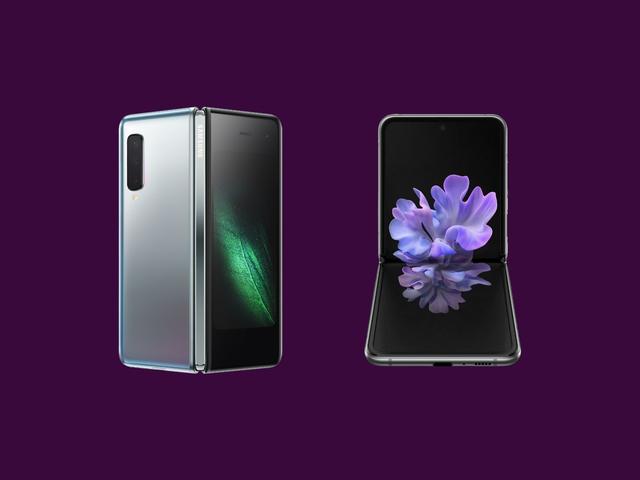

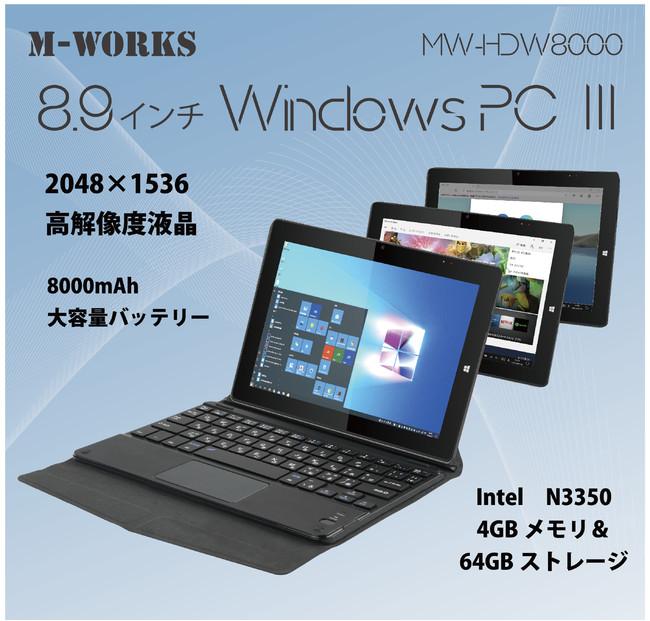
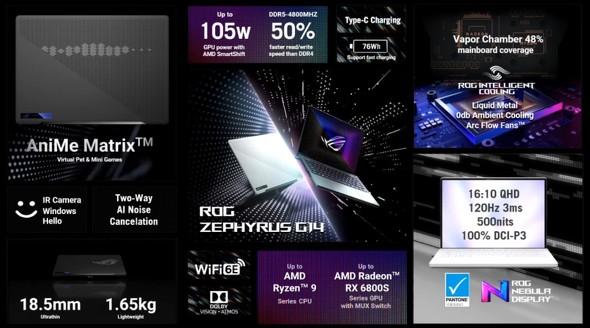
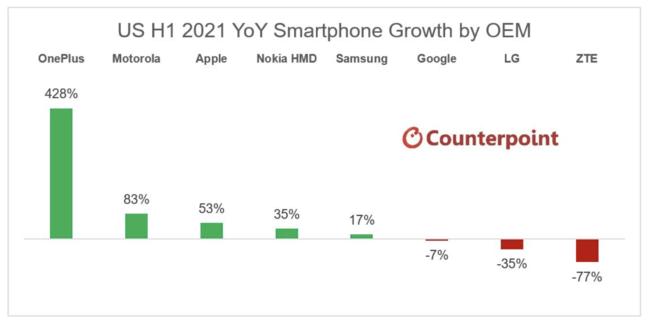
![[Amazon time sale in progress! ] 64GB microSD card of 1,266 yen and wireless earphone with noise canceling function of 52% off, etc. [Amazon time sale in progress! ] 64GB microSD card of 1,266 yen and wireless earphone with noise canceling function of 52% off, etc.](https://website-google-hk.oss-cn-hongkong.aliyuncs.com/drawing/article_results_9/2022/3/9/c88341f90bab7fe3ce1dc78d8bd6b02d_0.jpeg)
